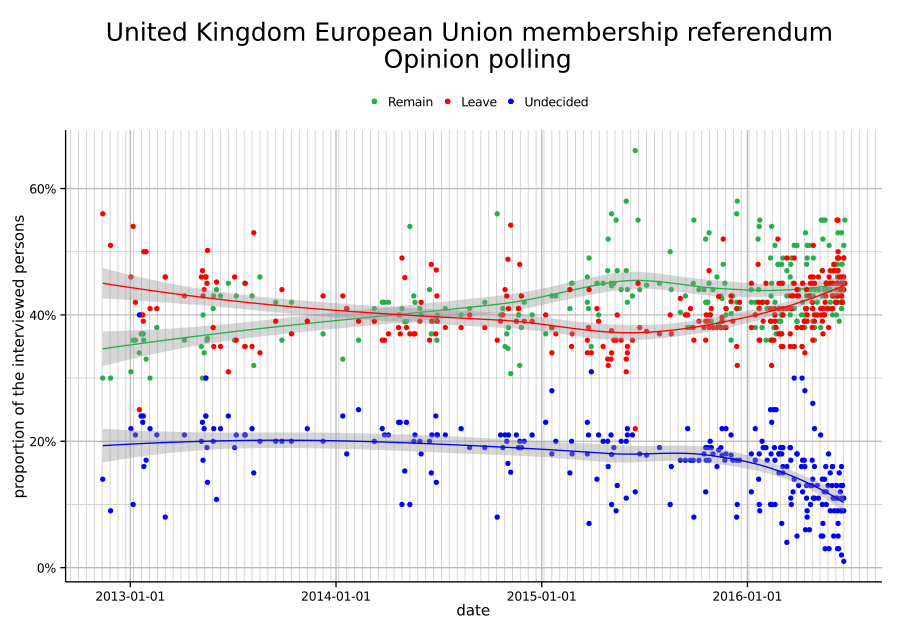Theresa May faces a vote of no-confidence by Tory MPs this evening. 48 MPs signed a letter that triggered the vote, but there has to be a majority (158 votes will clinch it) to force her out. That is seeming unlikely given today’s high level of condemnation of the Tory party self-indulgent infighting. If she wins she’s safe from any other confidence motion for a year.
If, however, she loses then there will be a leadership election and she will not be allowed to compete. There’s no timetable as yet for an election, but given that it has to include constituencies and Christmas is about to arrive, a decision before mid January seems unlikely. And then there’s the question of who to replace her? There’s no obvious contender given the appalling quality of the individuals in the Cabinet these days. Would they be from the Brexiteer right wing or from the Remainer centre / left of the party? Some are saying a Remainer would stand no chance in the face of UKIP entrants who now seem to dominate the Conservative Party. But if it was a Brexiter, what hope is there? The EC has said there is no chance of renegotiating the withdrawal agreement so the only option seems to be to crash out of the EU with all the damage and chaos that that entails – the Trumpian approach. Unless of course the opposition pulls something out of the bag and forces an election (very unlikely) or a second referendum (more possible, but no telling where it will take us).
In the likelihood that May wins this evening it may, depending on her majority, give her the strength to face down the hard exit right wing in her party and even seek more common ground with the remainers. Although the ERG will have the ability to vote against the withdrawal agreement as and when it comes back to the Commons she could seek to strike a ‘national interest’ alliance in the centre to counter-balance any ERG rebels.
What I hope is that she wins the confidence vote but the withdrawal agreement is voted down and that we then have a second referendum that results in a Remain win and the subsequent fall of the Conservative government. Labour then get elected (alone or in coalition) on a platform of EU reform, from within. Of course, the rest of Europe may not welcome us back given our appalling behaviour over the last 2-3 years so we’ll have to work hard at repairing bridges.
What I fear is that May will win the confidence vote but will somehow manage to bring the DUP and enough of the Tory right wing on board to get the withdrawal agreement passed. That will mean we leave the EU on 29 March, which will be a tragic day, just with less damage than the crash and burn exit. There’s no telling what sort of future relationship we will have with the EU, but we will have lost our citizenship and our freedom to live, work and study anywhere in Europe. That will be a huge loss that will impact on future generations for years and years to come.





 Aside from Howard’s outburts,
Aside from Howard’s outburts, 

 from each other. In short, it’s about being a community. For that reason I think the European flag instils in me a much greater loyalty than even the Union Jack. Our own flag hasn’t always been a symbol of good things. But the EU has been built simply on shared dreams and ambitions, not on invasion and intimidation.
from each other. In short, it’s about being a community. For that reason I think the European flag instils in me a much greater loyalty than even the Union Jack. Our own flag hasn’t always been a symbol of good things. But the EU has been built simply on shared dreams and ambitions, not on invasion and intimidation.